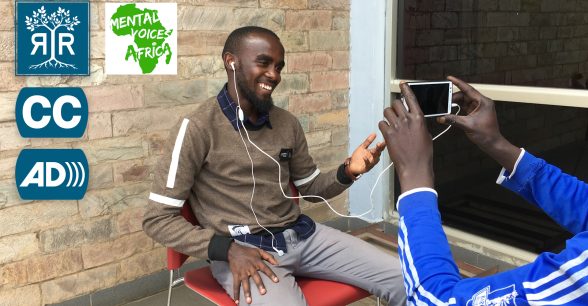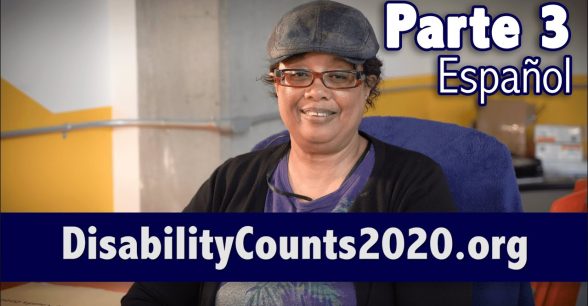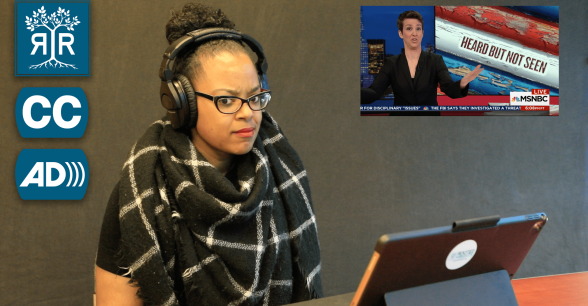Our Sidewalks Are an Access Nightmare – Let’s fix them, Seattle!
We are working with the Moving All Seattle Sustainably Coalition to pass the MASS Transportation Package, which includes legislation to improve maintenance and access of our sidewalks.
For more stories about our sidewalks, read our report. We hav also created an advocacy video and collected stories on the importance of snow and ice clearing policies. If you would like to share your own story about sidewalk access, please submit it at the form below.
Sidewalk Repair Background from the MASS Coalition:
Our sidewalks should be well-maintained so that everyone can walk and roll safely. In Seattle, private property owners are responsible for maintaining adjacent sidewalks, but in practice the city is unable to enforce this responsibility. The city budget has very limited funds for sidewalk maintenance, so it will take multiple centuries to address the 150,000+ repair issues that the city knows about (thanks to a comprehensive data collection and mapping effort undertaken in 2017). Problem: Our sidewalks are falling into disrepair. Uneven and crumbling sidewalks pose extreme mobility challenges to people with disabilities and create tripping hazards — especially for elders.
Equity considerations:
Sidewalk repair can be expensive and should not place undue financial stain on low-income families. Currently SDOT’s sidewalk repair program is funded through property taxes. SDOT has moved away from a complaint-based model towards a more equitable and systematic approach for its repair program thanks to advocacy from the Seattle Pedestrian Advisory Board (SPAB) and Seattle Neighborhood Greenways. However, the city currently has no method to subsidize the cost for low-income people. This results in wealthier areas like Madison Park being able to repair their sidewalks regularly while less wealthy neighborhoods are forced to wait in a centuries-long queue for the city to address their accessibility needs.
Solution:
Seattle needs to develop an improved sidewalk repair program that can tackle the magnitude of the issue. SDOT should look at models in other cities (such as Denver or Bloomington, IN) that allow for income-based responsibility, so that high-earning property owners contribute funds to improve mobility for everyone, while low-income owners do not. This would be a more equitable solution than raising property taxes for everyone.
Ask of elected leaders:
Direct SDOT to develop options for an improved sidewalk repair program by April 1, 2020. The program should draw lessons learned in other municipalities to develop a funding mechanism that will allow Seattle to repair our backlog of inaccessible and dangerous sidewalks by 2024. Options should be assessed through a racial equity lens, and the city should conduct community outreach before selecting a final course of action.
About Rooted In Rights
Rooted in Rights exists to amplify the perspectives of the disability community. Blog posts and storyteller videos that we publish and content we re-share on social media do not necessarily reflect the opinions or values of Rooted in Rights nor indicate an endorsement of a program or service by Rooted in Rights. We respect and aim to reflect the diversity of opinions and experiences of the disability community. Rooted in Rights seeks to highlight discussions, not direct them. Learn more about Rooted In Rights


